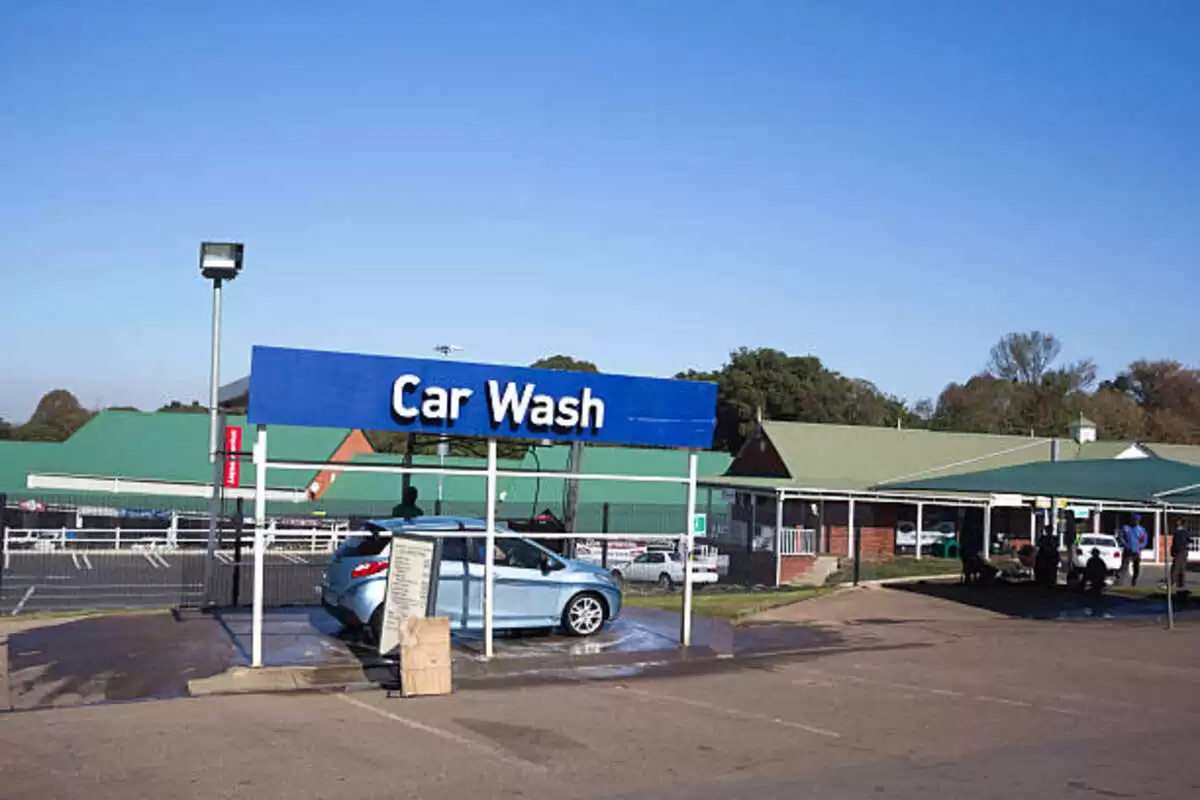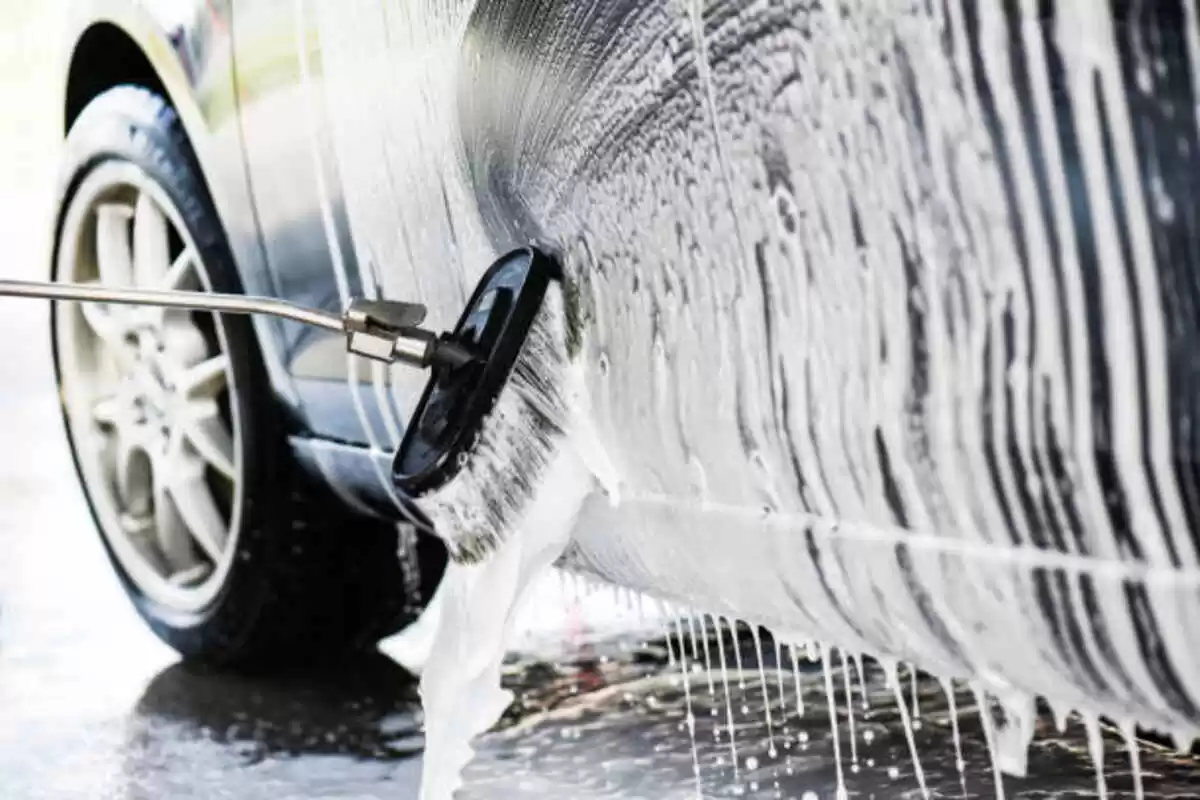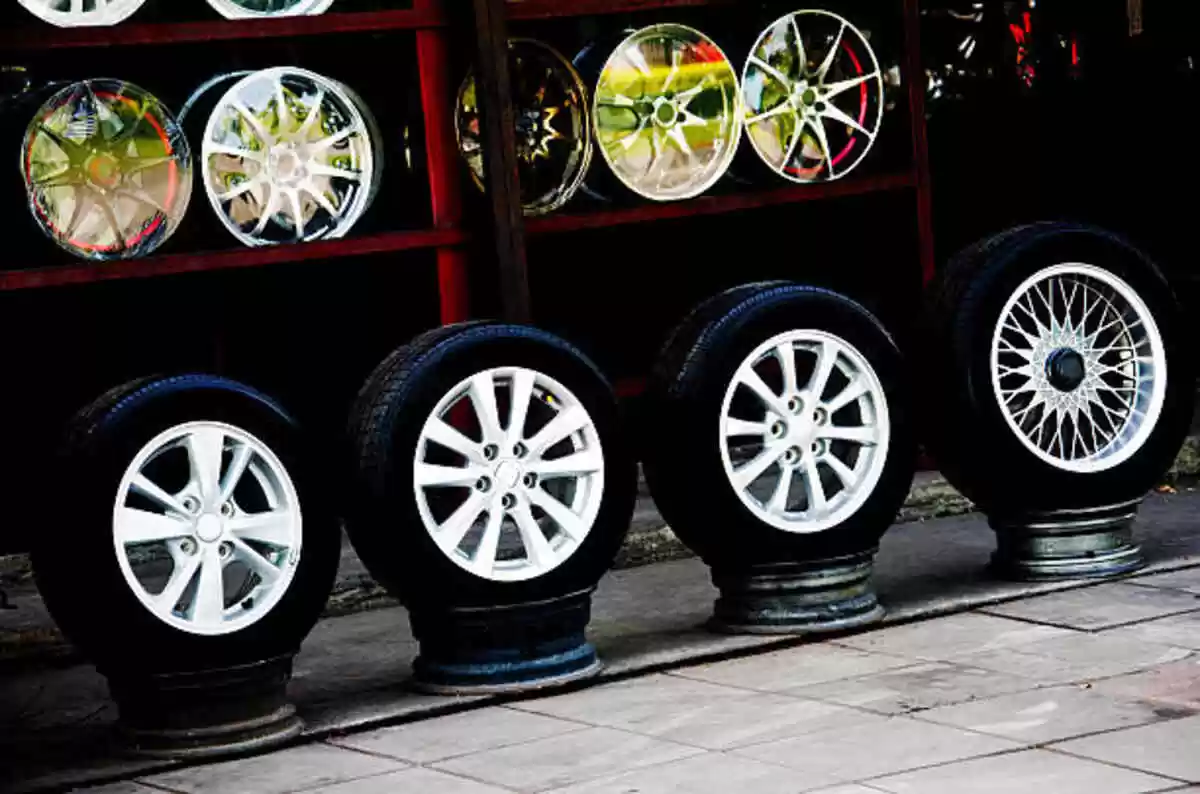Setting procurement standards for suppliers is a powerful lever to address upstream emissions.
But if automakers are to meet their climate goals, it will require greater collaboration and involve educating suppliers on decarbonization strategies, providing technical advice and helping fund equipment upgrades, experts say.
“We are trying to support [suppliers] with know-how,” Klaren said. “We have the full life cycle assessment of the car, and we see how different components have a great importance” in overall emissions.
Peter Freedman, chief marketing and sustainability officer at U.K.-based electric bus maker Switch Mobility Ltd., said automakers could work on localizing parts factories and co-investing in R&D on sustainable materials and manufacturing processes.
At an industry conference in May, Freedman said automakers can’t just push the problem onto the supply base.
“We need to take some ownership,” he said.
“We need to work with suppliers to support them to develop.”
Polestar is looking beyond the supply chain to help it with its self-proclaimed “moonshot” goal of making a climate neutral car by 2030.
“We’re not saying that we know how to do this, but we know that we need to get there,” Klaren said. “We don’t have a choice. We see it as a business imperative.”
The automaker seeks to collaborate with tech startups, universities, governments and multinationals in finding solutions to tackle climate change.
“You have 20,000-plus components going into a car — the electronics, the rubber, the upholstery material, all of the plastics,” Klaren said.
“We need to innovate and research around those because there are no solutions today on how to get down to truly net zero.”





